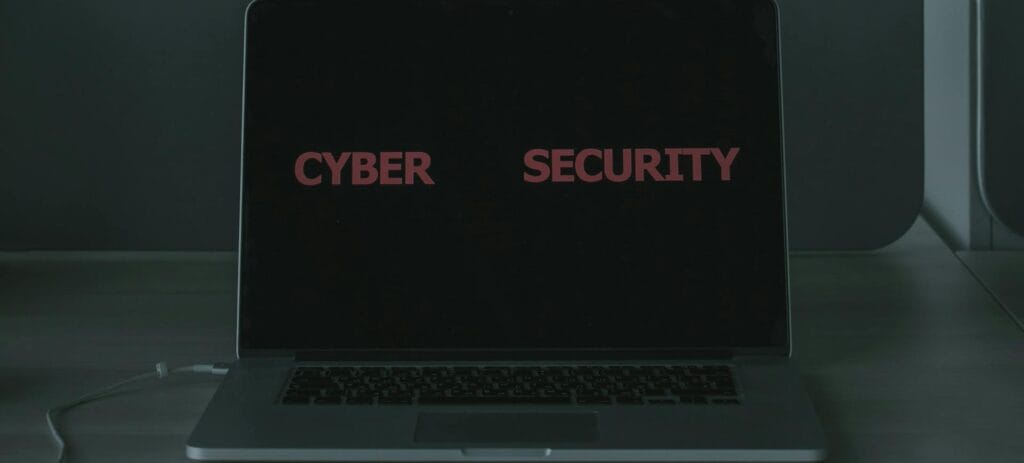In today’s digital age, where cyber threats loom large, the importance of cybersecurity audits cannot be overstated. These audits serve as a critical line of defense for organizations, helping them identify vulnerabilities and strengthen their security posture. Let’s explore what cybersecurity audits are, why they matter, and how they can benefit businesses of all sizes.
Understanding Cybersecurity Audits
A cybersecurity audit is a comprehensive evaluation of an organization’s information systems, policies, and procedures. The primary goal is to ensure that these elements align with established security standards and best practices. Think of it as a health check for your digital infrastructure—just as you would regularly visit a doctor to monitor your health, businesses must regularly assess their cybersecurity measures.

Key Objectives of Cybersecurity Audits
- Identify Vulnerabilities: Audits help pinpoint potential weaknesses in systems that could be exploited by cybercriminals.
- Ensure Compliance: Many industries have specific regulations regarding data protection. Regular audits help organizations comply with these laws and avoid hefty fines.
- Enhance Security Posture: By assessing current practices, organizations can implement stronger controls and improve incident response strategies.
Why Are Cybersecurity Audits Important?

In an era where data breaches can cost companies millions and damage reputations overnight, cybersecurity audits are essential for several reasons:
1. Proactive Risk Management
Cyber threats are constantly evolving, making it crucial for organizations to stay ahead of potential risks. Regular audits allow businesses to proactively identify and address vulnerabilities before they can be exploited. For instance, a tech company might discover during an audit that outdated software is exposing them to cyberattacks. By updating their systems promptly, they can mitigate this risk effectively.
2. Building Customer Trust
Consumers are increasingly concerned about the security of their personal information. A company that prioritizes cybersecurity audits demonstrates its commitment to protecting customer data. For example, a financial institution that conducts regular audits can reassure clients that their sensitive information is secure, thereby fostering trust and loyalty.
3. Compliance with Regulations
Many industries are governed by strict regulations regarding data protection (like GDPR in Europe or HIPAA in healthcare). Failing to comply can result in severe penalties. Regular audits help ensure that organizations meet these legal requirements, protecting them from potential fines and legal issues.
4. Continuous Improvement
Cybersecurity is not a one-time effort; it requires ongoing vigilance and adaptation. Audits provide valuable insights into the effectiveness of existing security measures and highlight areas for improvement. For instance, if an audit reveals that employees lack adequate training on phishing attacks, the organization can implement targeted training programs to enhance awareness.
Real-Life Examples

Let’s look at a couple of real-life scenarios where cybersecurity audits made a significant difference:
Case Study: Target’s Data Breach
In 2013, Target suffered a massive data breach that compromised the personal information of millions of customers. Investigations revealed that inadequate security measures and insufficient auditing processes contributed to the breach. Had Target conducted thorough cybersecurity audits prior to the incident, they might have identified vulnerabilities in their systems and avoided the fallout from this costly breach.
Case Study: Equifax Breach
The Equifax data breach in 2017 exposed sensitive information of approximately 147 million people due to unpatched software vulnerabilities. Following the breach, Equifax faced intense scrutiny over its cybersecurity practices. This incident underscores the necessity for regular audits to ensure that systems are up-to-date and secure against known threats.
Personal Anecdote: A Small Business Perspective

As a small business owner myself, I understand the challenges of managing cybersecurity on a tight budget. When I first started my online store, I assumed my basic security measures were sufficient. However, after attending a workshop on cybersecurity best practices, I realized I had overlooked many critical areas.
I decided to conduct a cybersecurity audit with the help of an external consultant. The audit revealed several vulnerabilities—like weak passwords and outdated software—that I had not considered. By addressing these issues proactively, I not only safeguarded my business but also enhanced customer confidence in my brand.
Practical Advice for Conducting Cybersecurity Audits

If you’re considering a cybersecurity audit for your organization, here are some practical steps to follow:
- Engage Experts: If you’re not well-versed in cybersecurity, consider hiring professionals who specialize in conducting audits.
- Define Scope: Clearly outline what areas you want the audit to cover—this could include network security, data protection policies, or employee training programs.
- Document Findings: Keep detailed records of vulnerabilities identified during the audit along with recommended actions for remediation.
- Implement Changes: Take swift action on the findings from your audit to strengthen your security posture.
- Schedule Regular Audits: Cybersecurity is an ongoing process; schedule regular audits (at least annually) to ensure continuous improvement.
Conclusion
In an increasingly interconnected world where cyber threats are omnipresent, conducting regular cybersecurity audits is not just advisable; it’s essential. These audits empower organizations to identify vulnerabilities, ensure compliance with regulations, build customer trust, and foster a culture of continuous improvement.
By prioritizing cybersecurity audits as part of your business strategy, you not only protect your organization but also contribute to a safer digital landscape for everyone involved. Remember, in the realm of cybersecurity, it’s always better to be proactive than reactive!